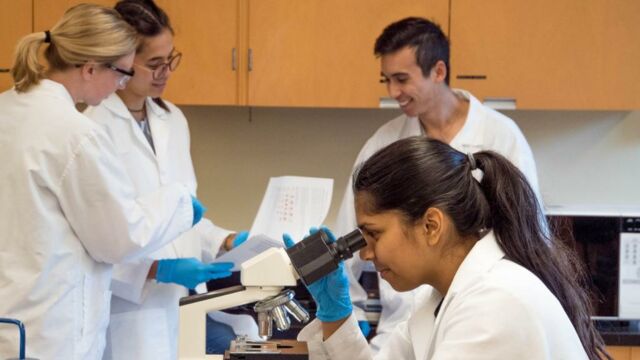The journal Naturehas revealed that an international team of researchers are looking for people who are ‘genetically resistant’ to the coronavirus. They’re recruiting candidates who have previously evaded infection, while being unvaccinated, despite being in close quarters with a COVID-positive person.
Discover our latest podcast
Needle in a haystack?
According to the journal, the team of authors are currently dispersed in 10 research centres across the world and so far they’ve managed to gather 500 participants—their goal is to analyse data from at least 1,000 recruits. They hope that their findings will be beneficial to the development of new and effective treatments against the virus.
If the study reaps positive results, it will undoubtedly be a game changer in the fight against COVID. However, authors have admitted that it’s not going to be a walk in the park. Sunil Ahuja, infectious diseases specialist at the University of Texas Health Science Center said:
The question is how to find those people. It’s very challenging. This is not for the faint of heart.
Evangelos Andreakos, an immunologist at the Biomedical Research Foundation in the Academy of Athens added that identifying even one virus-resistant individual ‘will be really major.’
Finding participants
While it will be difficult to assess which of their participants are truly genetically resistant to the virus, they’ve had no trouble gathering a pool of subjects for their study. As of now they’ve confirmed 500 participants, but an additional 600 have applied to be candidates. Co-author of study and geneticist, Jean-Laurent Casanova said:
I did not think for one second that people themselves, exposed and apparently not infected, would contact us.
According to Nature, the team is particularly interested in discordant couples—two people who are in a long term sexual relationship in which one partner has a sexually transmitted infection, while the other does not. In this case, they are looking for a person who has shared a bed and home with an COVID-infected partner, but did not catch the virus themselves.















